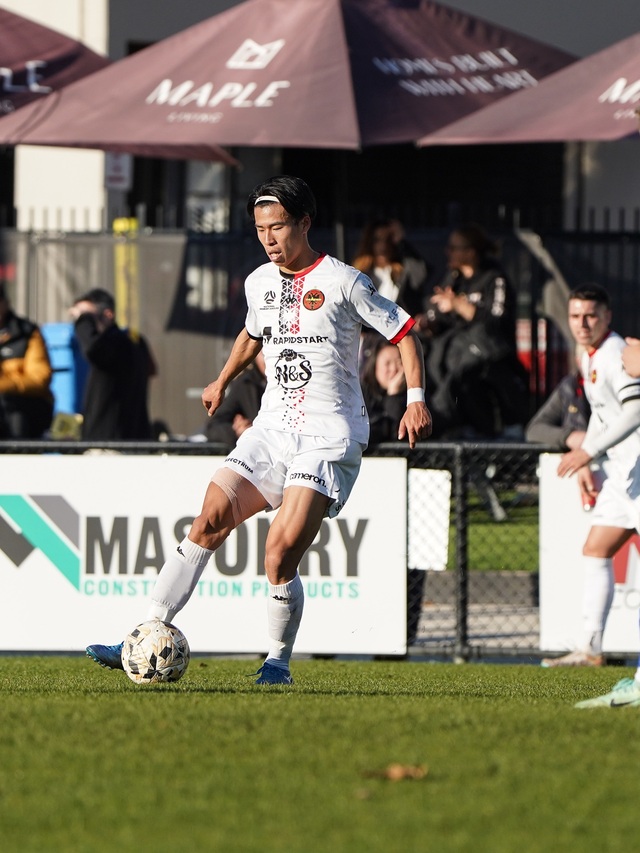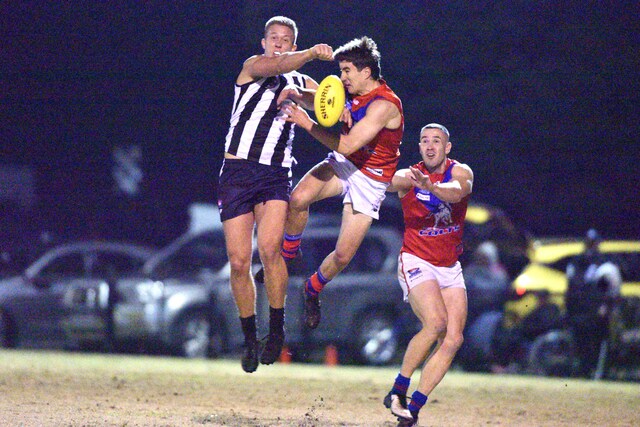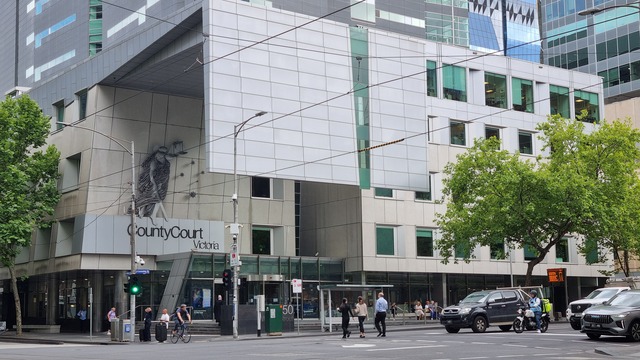Dandenong and Springvale’s Rohingya communities are rallying to support their displaced friends and relatives.
They’ve formed an action group with support from refugee and migrant settlement agency AMES Australia.
They plan to send a container filled with clothing to Cox’s Bazaar in Bangladesh, where about 650,000 Rohingya have taken refugee since last August.
The Rohingya are a persecuted Muslim minority from Myanmar.
Melbourne Rohingya community leader Majid Abdul said many people were in desperate situations without enough food and medicine.
“Many of them left with just the clothes there were wearing when the military came,” he said.
“When the military moved in and my village was attacked, I lost contact with my family.
“They ran into the jungle and hid from the soldiers for two weeks.
“They said ‘it was not safe in the village and we had to hide’.
“My mother, sister and brother fled but a lot of my friends were killed.
“My family’s farm is now controlled by the military and they are growing the rice for themselves.”
Mr Abdul said his family was in Cox’s Bazaar.
“I’ve spoken to them there by phone and I’m happy and relieved they are safe. But they are living in bad conditions in a small shelter,” he said.
“Some members of our community have lost their whole families and are under stress so we are trying to support them also.
“And there’s still people being killed so we are trying to work out other ways to help.”
United Nations High Commission for Refugees (UNHCR) Commissioner Filippo Grandi said the Bangladesh government, charities, volunteers, the UN and non-government organisations were working to provide assistance.
“But much more is urgently needed,” he said.
“The efforts must be scaled up and expanded to receive and protect refugees and ensure they are provided with basic shelter and acceptable living conditions.
“Every day more vulnerable people arrive with very little – if anything – and settle either in overcrowded existing camps or extremely congested makeshift sites.”
He said the refugees were fully dependent on humanitarian assistance for food, water, health and other essential needs.
Email communications@ames.net.au to find out how to help.
Donations for desperate Rohingya
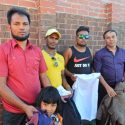
Digital Editions
-
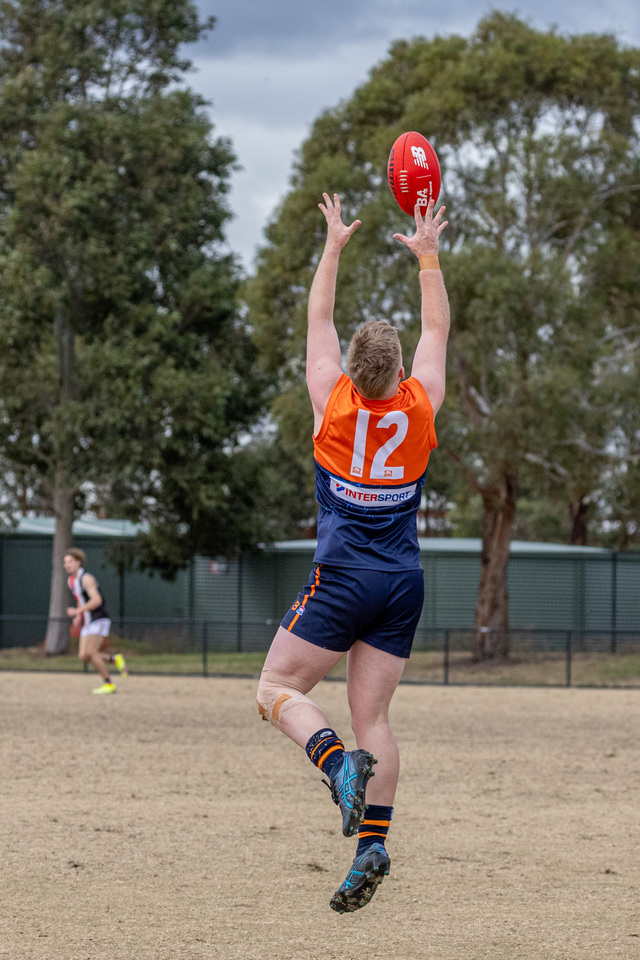
Lyndhurst falls agonisingly short as Titans hold off late burst
Purchase this photo from Pic Store: 482706 Berwick Springs has survived an enormous scare by Lyndhurst, holding on by a solitary point 14.10 (94) to…


